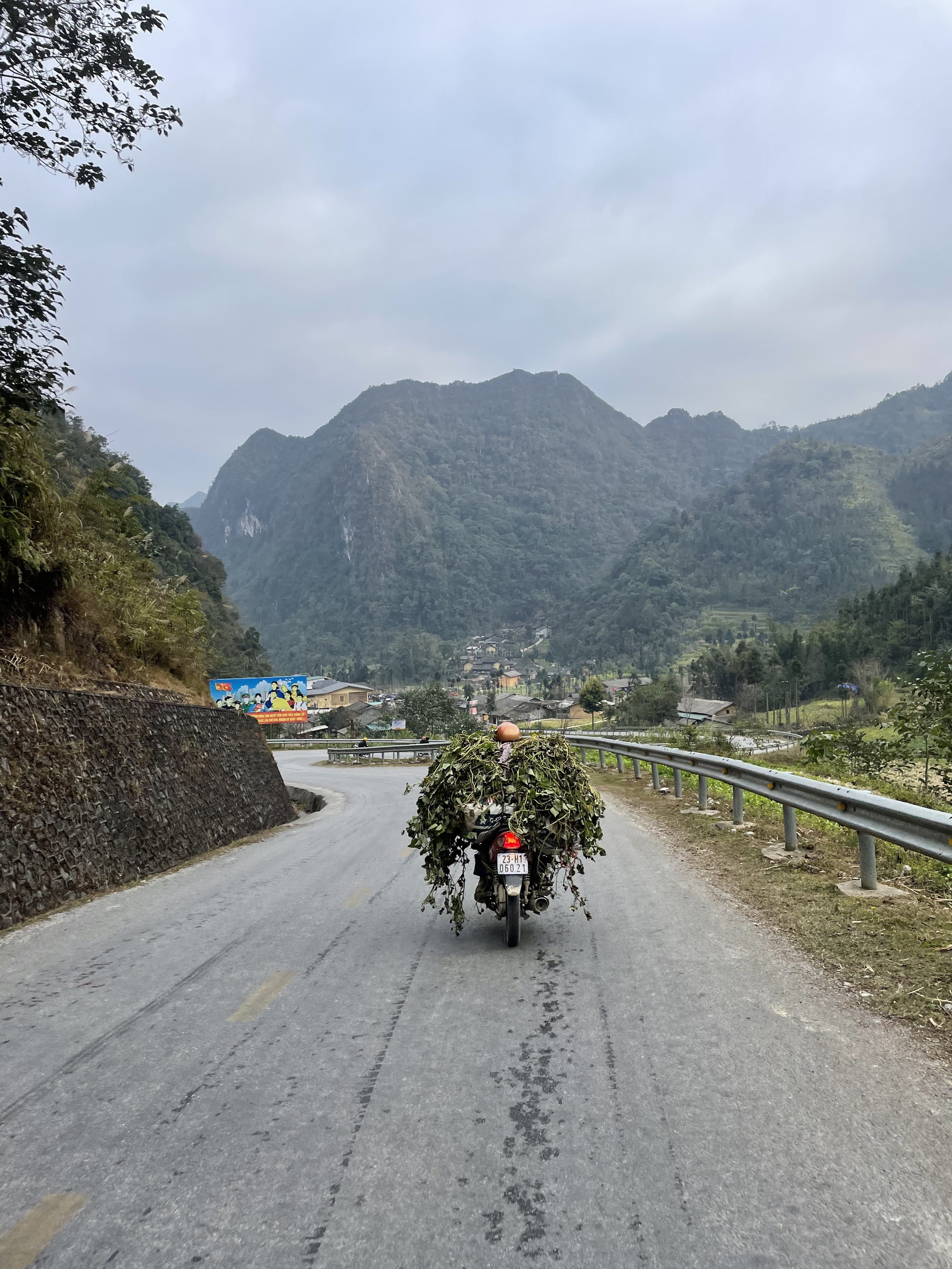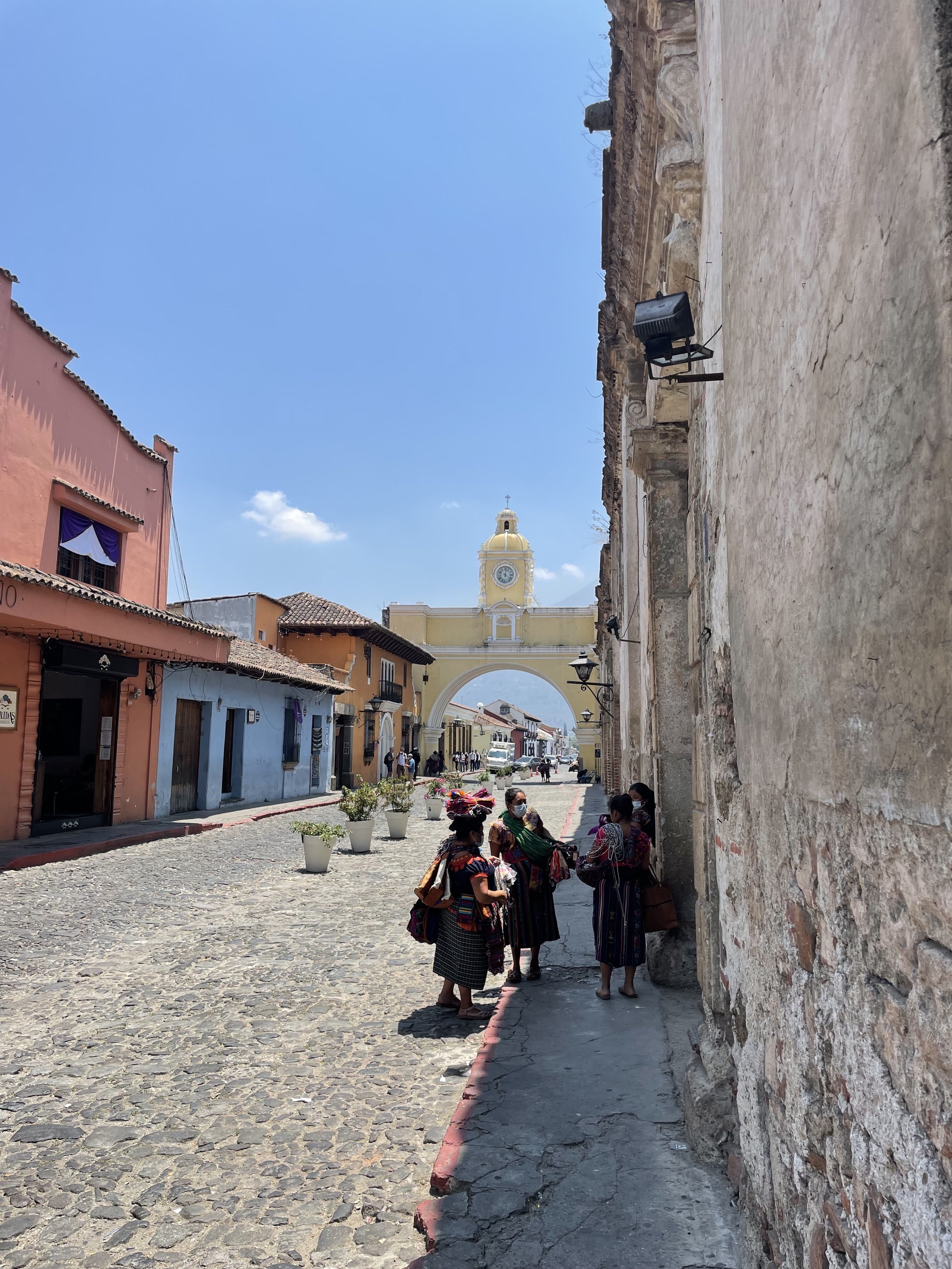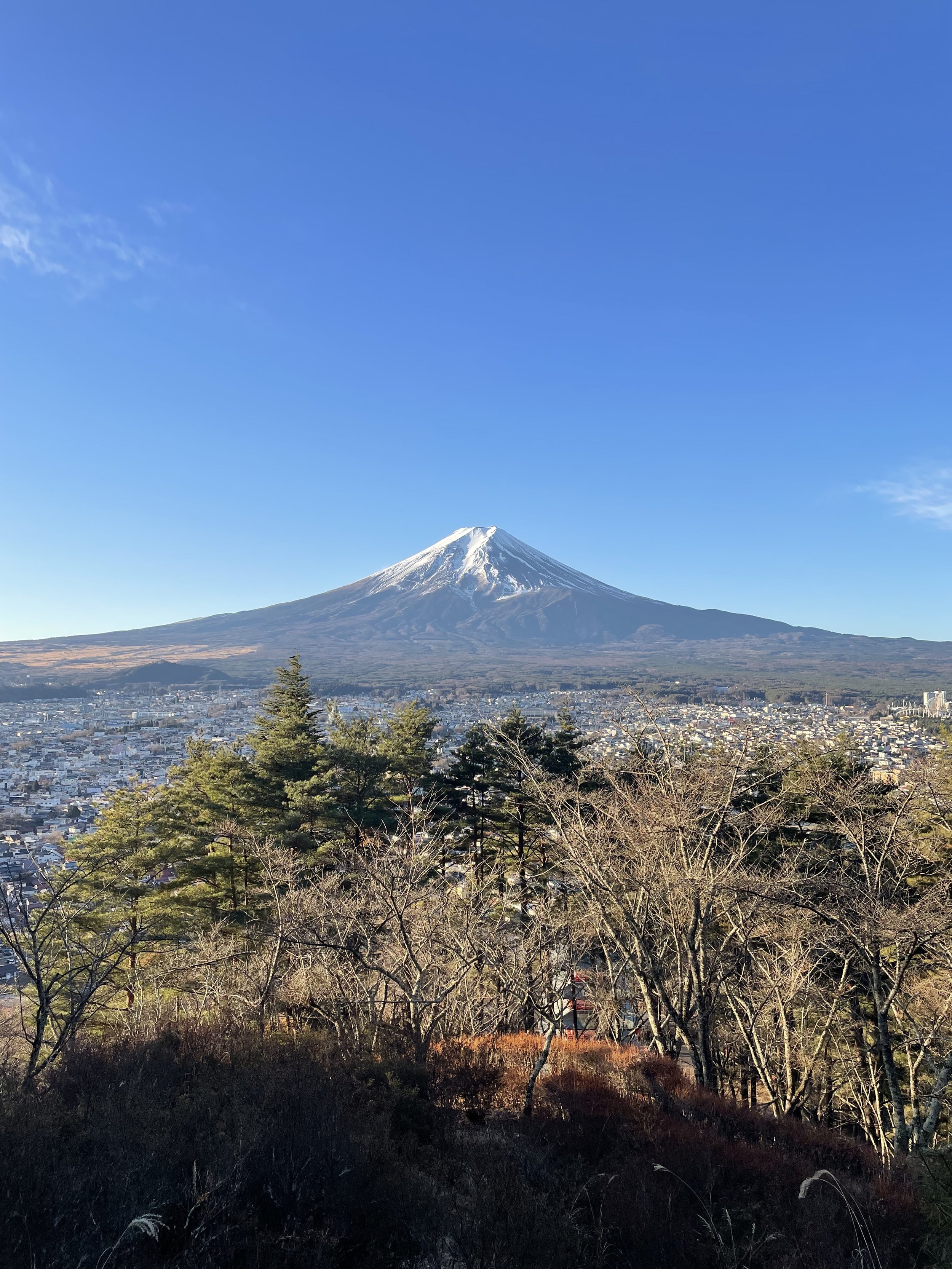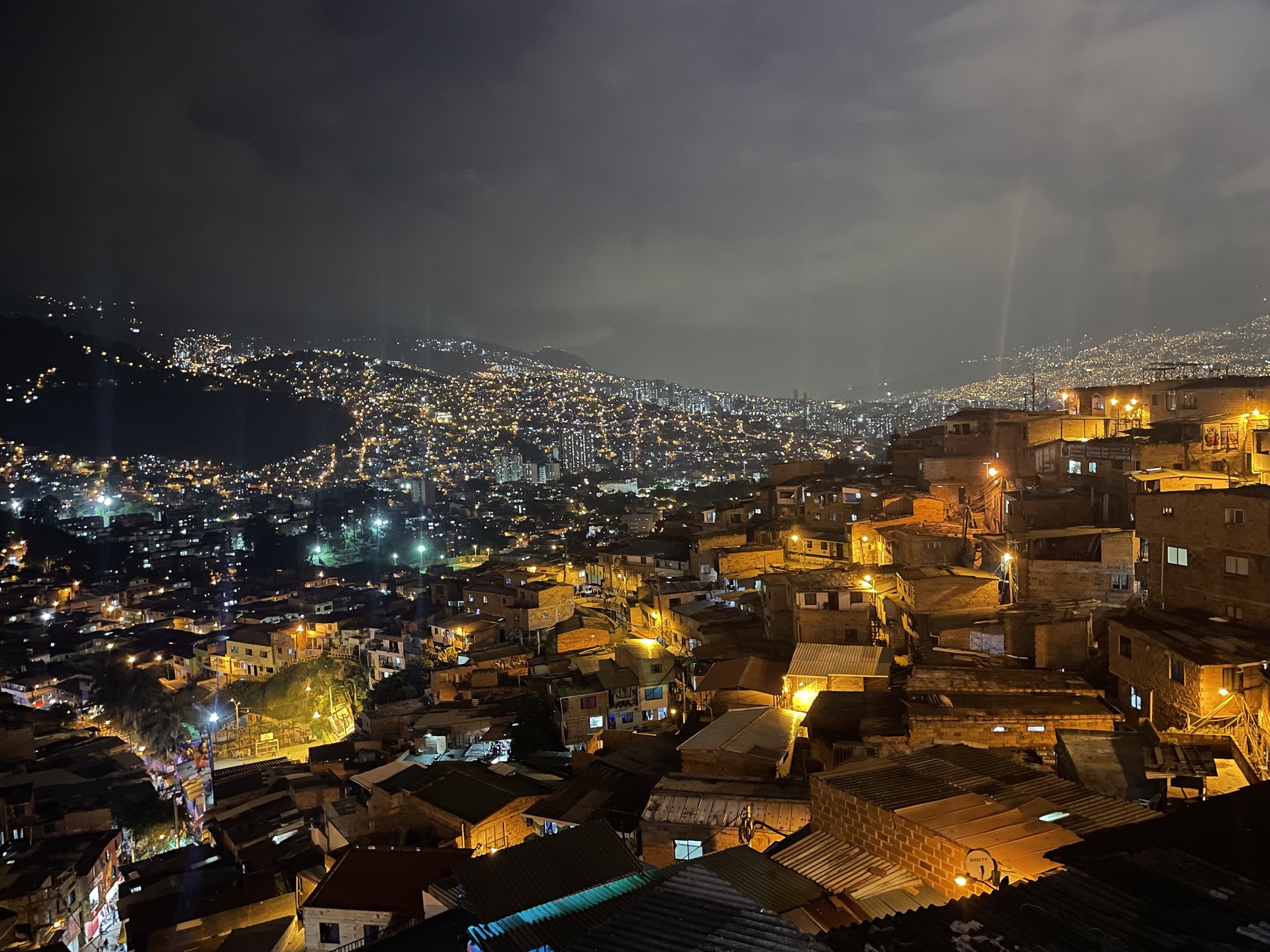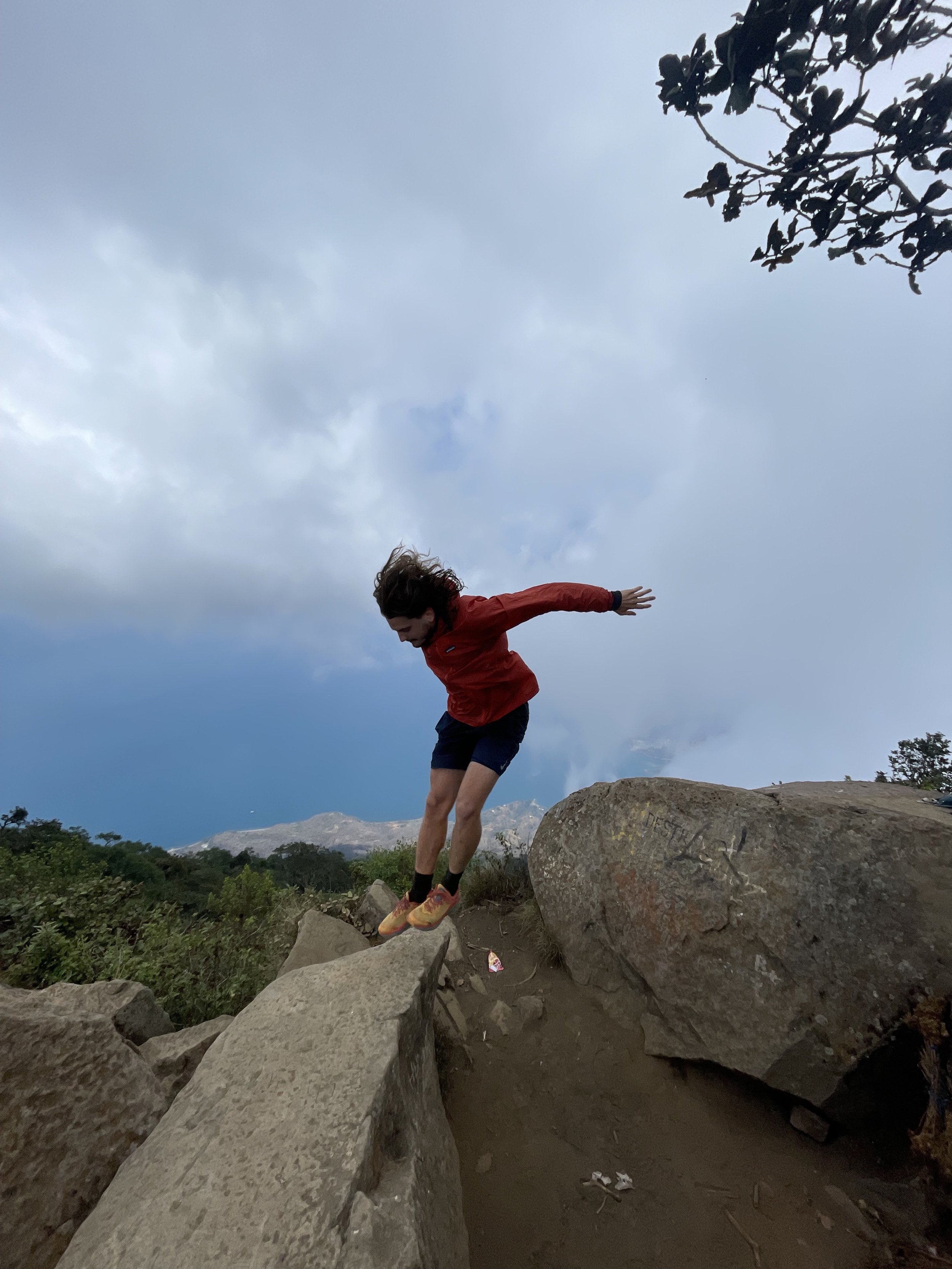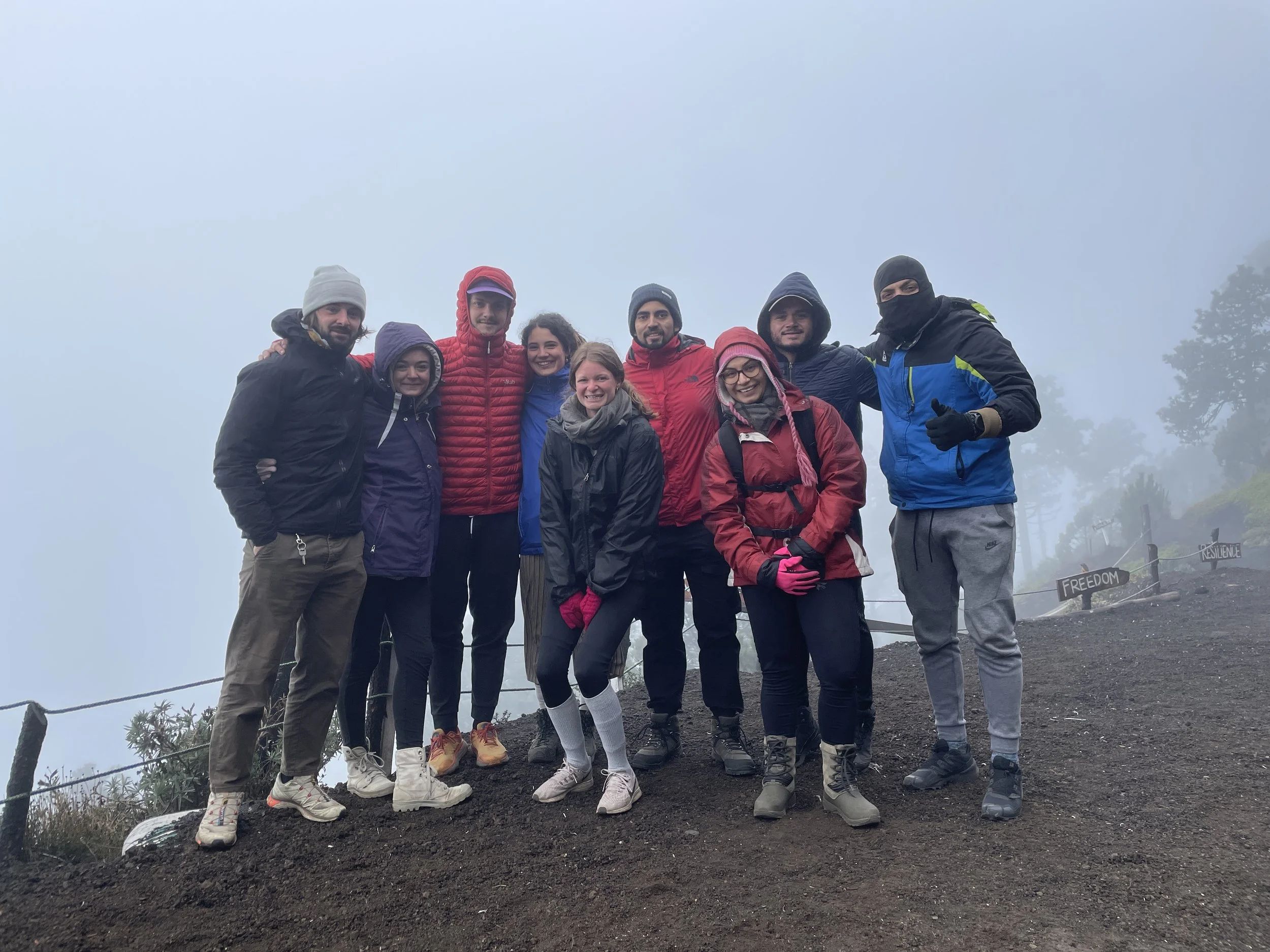A year around the world with a laptop in my backpack
Remote work has become a norm for many companies over the last couple of years, including datasapiens. The distributed work model comes with benefits and challenges; some people like it more than others. For some, it presents an opportunity to spend more time with their families or dedicate time to their hobbies. For me, remote work brings a certain level of freedom. Freedom to choose a place where I get things done.
I guess you have seen it yourself, an obligatory picture of a laptop & Caipirinha in a beach bar somewhere in Cancun or Krabi. Claiming this is what the life of a “digital nomad” is like.
From my experience, l would get zero to no work done in a similar environment. Nonetheless, I’ve been a vocal advocate of remote work for the past year & genuinely believe in its future.
What made me want to travel?
Having an opportunity to study & work in countries around Europe, I have always appreciated opportunities to travel. To embrace new cultures, learn new languages, and adapt to different lifestyles. I was determined to explore, whether in my own country or abroad.
March 1st 2022, I sat in the airport lounge at Barcelona’s El Prat airport, awaiting to board my flight to Bogotá, Colombia. I initially planned backpacking through South America, but a few days prior, I signed a contract with a company that allowed me to work remotely.
While I had done some travels in the past, I knew an opportunity to combine my travel desires & personal growth goals could only have one outcome: a nomadic lifestyle. You can call it whatever you like: digital nomads, remote workers, geographically unstable workers, or laptop carriers. They all have one thing in common. They get the work done wherever they are.
During the past 12 months, I visited 15 countries, hiked 5 volcanoes on 2 continents, created countless meaningful connections all around the globe & looked at the world through thousands of perspectives.
There is a difference between travelling & nomading/slow-travelling. While the sheer goal of the travel should be to explore purposefully, limitlessly and passionately. Nomading means doing all these things at a slower pace while connecting with locals, embracing the cultures and learning from their history, customs and traditions. All above while surrounding yourself with like-minded folks who decided to pursue similar dreams.
How to choose the right country to work from?
Speaking from my perspective, I would highly advise doing proper research before choosing a place to work from.
In an ideal world, one should know what they want to do in their free time. Learn salsa? Jiu Jitsu? New language? Nomading should not only be about the change in the environment. It presents an outstanding opportunity to educate ourselves in areas we never did before. Do not be afraid to do things you have always wanted to do. Whether you desire to spend time in a vibrant city, surf at the beach or spend most of your time hiking or ski touring in the mountains, the choice is all yours.
Most nomads prefer economically convenient places where they can live for a fraction of the cost compared to major European or North American cities. While I understand its reasoning, I do not think this should be your primary motivation. After all, you are choosing a place to live. Other incentives come to play that can prove more valuable than money.
Are the facilities for remote work sufficient all around the world?
While it has improved significantly & keeps proliferating, there is still room to grow. There are countries & cities known as nomadic hubs such as Bali, Chiang Mai, Medellín, Buenos Aires or Lisbon. Facilities for remote workers tend to be on a higher level in these hubs compared to countries not known to host nomads. I spent two weeks in Seoul, Korea, which I rank as one of the best cities I’ve ever been to, thanks to its nightlife, cuisine, cultural heritage & free time activities.
Yet, it lacked the facilities for nomads.
So, what does one need when travelling?
Place to live
Place to work
Community to share it with
These three things are usually combined in so-called “co-living” spaces.
Generally, co-living is a lifestyle centred around an intentional community that provides shared housing for people with similar values or interests. These are usually well-designed and fully furnished with utensils, and utilities are covered by one bill.
You can choose between co-living spaces such as Dwell Azores or Alt_ in Chiang Mai or Chateau. Then, bigger chains like Selina offer stays all over Latin America, the USA & Southern Europe.
How do I stay productive?
These “co-livings” provide a well-equipped co-working space, including hot desks, phone booths & meeting rooms —everything you would find in your office.
This should get everyone started. Another benefit is a community full of determined people.
You can come across various professions like data scientists, content creators, teachers, start-up founders, or writers. If someone claims their home office is taking away the social aspects of office life, you will find that and much more here.
From my perspective, the community makes this way of living so attractive as it continuously broadens your horizons & gives you a feeling of belonging, even when thousands of miles away from home.
Does travelling alone feel lonely? Is it safe?
Most of the time, I feel safe. If I visit countries with higher criminality, I try to be more cautious. In general, I try to stick to common sense, which seems to be working so far. Even though I had friends stabbed, robbed at gunpoint, or had to leave the country because of cartel wars or riots/upsets.
On a brighter note, these are exceptions.
Feeling lonely is also a big part of solo travelling, no matter how many wholesome people one meets on their journey.
Can I grow professionally while travelling/nomading?
I would say that I had the most significant “growth spurt” personally and professionally in the past year. Ownership, time management, crisis management, resilience, prioritization, and communication are skills that one master while working a few thousand miles away from home.
Most of the time, the internet connection is rapid while using co-working spaces. Yet, I’ve had cases when I dropped out of important video calls while presenting and had to find solutions on the spot.
Working from different time zones means having to wake up at 4 AM or stay out late and work until 1-2 AM and, at the same time, staying fresh, active & social.
Yet, I would not have it any other way.
What are the first steps to take to set off?
Are you prepared not to sleep in your bed for the upcoming three months? To spend most of the time out of your comfort zone, open your heart to strangers & willing to let your family & friends from home go for some time? If so, I welcome you on board.
What are the most annoying things about nomading?
Pretty much everything I mentioned in the previous sentence. Also, if you are into street food experiments, the potential of food poisoning is much higher. I would say the own bed thing may be the most significant inconvenience.
It requires a much higher level of commitment & self-discipline to keep your routines. Having to run new paths, sign up to new gyms, find new barbers, markets etc.
The Best things?
The level of freedom that it brings with it. If your heart desires to spend three months a year living by the ocean & surfing and three months skiing powder in the mountains, you can.
Secondly, the people. You can see spectacular landscapes and eat mouthwatering food, but it all hits differently if there are the right people to share it with. As Christopher McCandless said, "Happiness is only real when shared".
Recommended countries for remote workers?
From my own experience, Colombia, Mexico & Thailand. These all have vibrant cities, stunning beach sides, wild jungles & and superb facilities to get your work done.
How sustainable is this way of living?
I have friends saying they will keep nomading until they fall in love. Others say they will do it until they find a place where they belong. I have no specific desire or goal.
I’m grateful for the opportunity to discover the world, and I will do it as long as it fulfils me & brings joy to my life.
What are the things one has to learn to live without?
Family, comfort & free time.
I know everyone is in different situations and has various commitments and responsibilities. However, if you are lucky enough to have the option to work for a month, or even a week, in a country you have never been to, do it. It will give you so much more than it takes.

